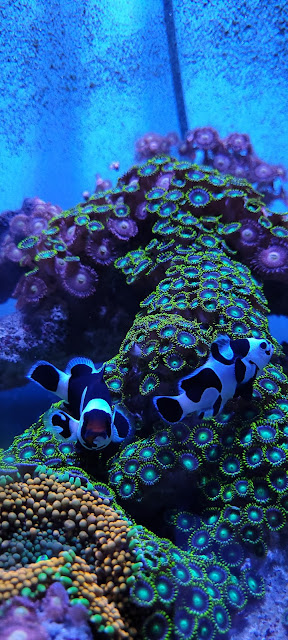Hi friends! As many of you may be learning, there are a lot of ways to accomplish something in the hobby. It typically comes down to what kind of care and maintenance you are willing to do and fit into your routine. So tell me... What is your favorite way to cycle a tank? My personal favorite is to blind feed an empty tank. In my opinion, this is the most ethical approach to starting a cycle. All you simply have to do is drop 1-3 pellets into the tank every other day. Then you wait for it to decompose which breaks down into ammonia. Another way to start a cycle is with a fish. The idea is similar. But instead of the food breaking down, the fish eats it and breaks it down directly to ammonia. In my opinion, that is a cruel way to start a cycle. You are putting a fish in a dangerous environment. The ammonia burns the fish's gills and reduces its lifespan greatly. It is still a really common cycle method which is troublesome. There is virtually no gain from do...





